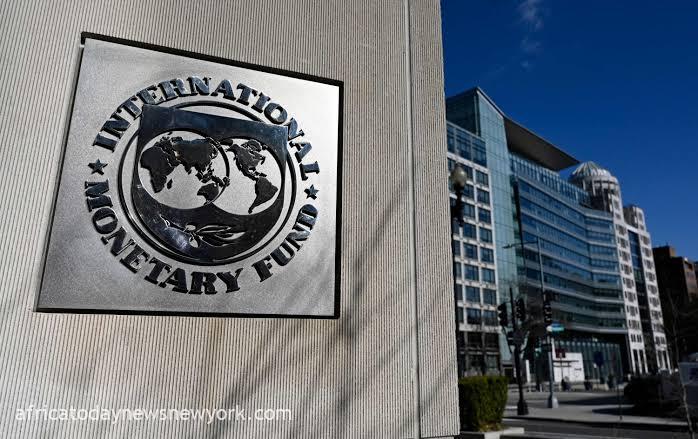Ms. Kristalina Georgieva, the Managing Director of the International Monetary Fund (IMF), urges member nations to resume fortifying their fiscal reserves to confront an anticipated global economic slowdown.
Yesterday, she addressed journalists during a press conference at the ongoing Spring Meetings of the IMF and World Bank in Washington DC.
According to her, “Global economy has shown remarkable resilience, and appears headed for a soft landing. But buffers have been eroded, growth prospects are lackluster, and vulnerable countries are at risk of falling further behind.
“While inflation has fallen, it remains above target in many countries. Against this background, the key policy priorities are to: (i) rebuild buffers; (ii) revive medium-term growth; and (iii) renew the IMF’s commitment to ensure that our policies, lending toolkit, and governance are fit for purpose. “
The MD also tasked central banks to “finish the job on inflation, carefully managing its descent to target.”
Across the globe, central banks have been primarily focusing on raising interest rates as a means to tackle the inflationary trend.
Georgieva said: “With a soft landing in sight, policymakers’ focus needs to shift to fiscal consolidation to safeguard public finances. Reviving growth prospects will require accelerating structural reforms and joint efforts by countries to tackle transformational challenges.
“Firmly grounded in its mandate, working with its members, and in partnership with other international organisations, the IMF will continue to serve its members with policy advice, financial lifelines, and capacity development to help safeguard their economic and financial stability, a foundation for inclusive and sustainable growth.”
Read also: IMF Reviews Nigeria’s Economy, Forecasts 3.3% Growth
In relation to the crisis in certain parts of the world, the MD highlighted that the Israel-Gaza war has overshadowed the significant suffering and pain experienced in Sudan, Yemen, and other such nations.
She said, “I want to bring attention to two countries that should get more attention than they currently enjoy – Sudan and Yemen. In Sudan, the situation is terrible, so is Yemen. What I want to stress is that when the Israel-Gaza started, it overshadowed all the pains and suffering in other places.
“But for us at the Fund, members are benefitting from our support and our attention, as difficult as the situation may be. Other global players and development partners should pay more attention to the suffering people in Sudan, Yemen and other parts of the world having crises.
On the Israel-Gaza war, the IMF boss said, “We downgraded the growth projections for the Middle East to 0.7 percent primarily because of the crisis and the impact of the war. As a result of the war, the economy of Gaza and of the West Bank has been wiped out and that of the West Bank is severely impacted.
“There are impacts on the neighbourhood – in Lebanon, somewhat less on other countries like Jordan and Egypt which have shown some resilience.
“What can the IMF do? In both countries, the IMF has programmes. In Jordan, $1.2 billion programs to help Jordan deal with the impact of the war. In Egypt, we had a $3 billion programme.
The augmentation of our $8 billion program is primarily intended to deal with the ramifications of the conflict.
Due to these factors, Jordan experiences minimal fallout from the war. Meanwhile, Egypt’s bolstering efforts have enhanced its ability to manage the repercussions of the regional conflict.

